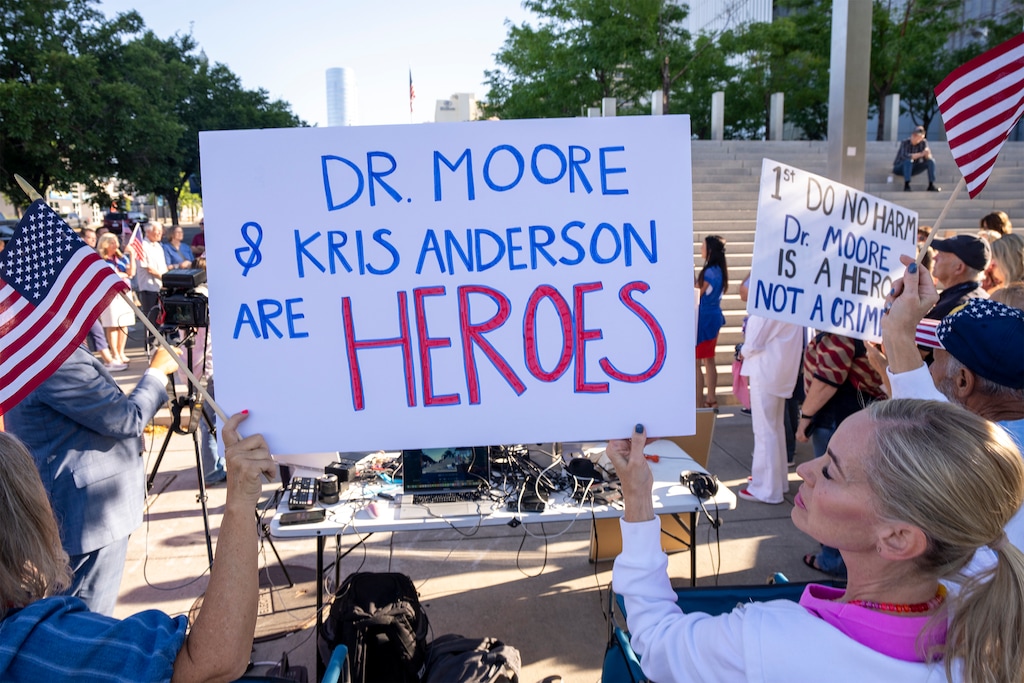
Thousands are seeking compensation for harm allegedly caused by coronavirus vaccines, according to the Telegraph
Almost 14,000 people in Britain have applied for payments from the government for disabilities they claim were caused by Covid-19 vaccines, The Telegraph has reported.
Only 175 people, or less than 2% of those seeking compensation, have so far received a one-off money transfer of £120,000 ($155,300), the paper said in an article on Saturday.
Data obtained by The Telegraph through Freedom of Information requests indicates that those who were eventually reimbursed suffered from conditions such as stroke, heart attack, dangerous blood clots, inflammation of the spinal cord, excessive swelling of the vaccinated limb, and facial paralysis.
Around 97% of the satisfied applications were related to the Oxford-AstraZeneca Covid-19 vaccine, developed by Oxford University and British-Swedish company AstraZeneca, and the rest to the US-made vaccines from Pfizer and Moderna, it said.
The outlet noted that the UK government continued to recommend the AstraZeneca vaccine, despite its use being halted in Germany, Italy, France, and other European countries by March 2021, amid reports of a growing number of blood clotting cases.
Thousands of people have been refused payment due to the government’s medical assessors arguing that there is no concrete proof that their health problems are a result of the vaccines, the report read.
Hundreds of others were turned down due to being “not disabled enough,” it added. Under the rules of the Vaccine Damage Payment Scheme (VDPS), an applicant has to be at least 60% disabled to qualify.
A spokesman for AstraZeneca told The Telegraph that its vaccine “has continuously been shown to have an acceptable safety profile and regulators around the world consistently state that the benefits of vaccination outweigh the risks of extremely rare potential side effects.”
As for the health complications caused by the vaccine, the spokesman said, “our sympathy goes out to anyone who has lost loved ones or reported health problems.”
In May, AstraZeneca, which officially admitted that its vaccines could cause blood clots in certain cases, began the withdrawal of its product worldwide, saying that newer vaccines adapted to the latest coronavirus variants were more effective.
Around 16,000 people have sought payments since the introduction of the VDPS in 1979, with most of the claims related to Covid-19 vaccines. The growing workload resulted in an increase of the staff responsible for handling applications from four people to 80 last year. “We continually review our processes to further develop the way in which we manage claims, and to provide a better service for claimants,” a National Health Service spokesperson said.
Tim Walz Caught in New Acts of Stolen Valor




